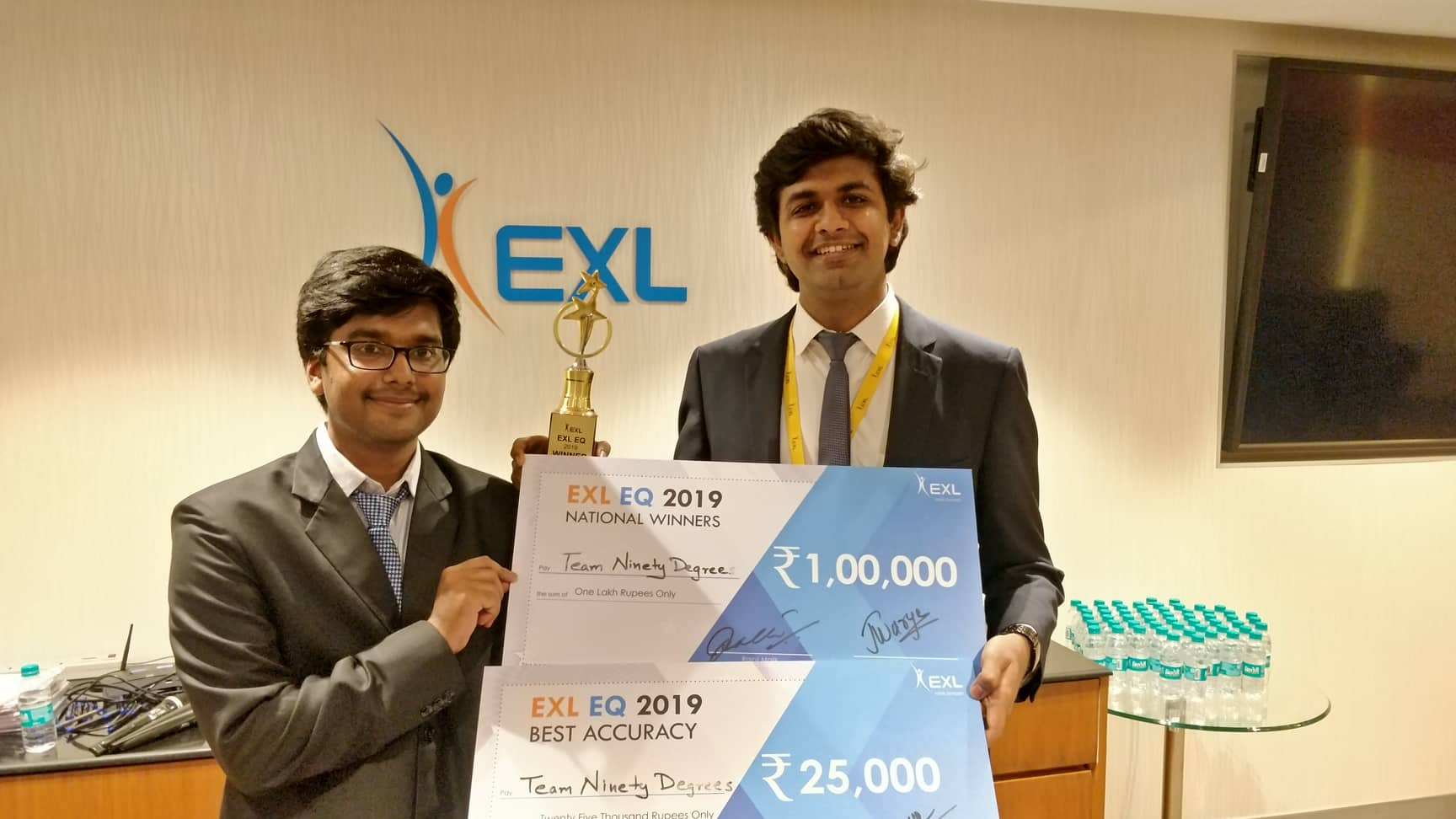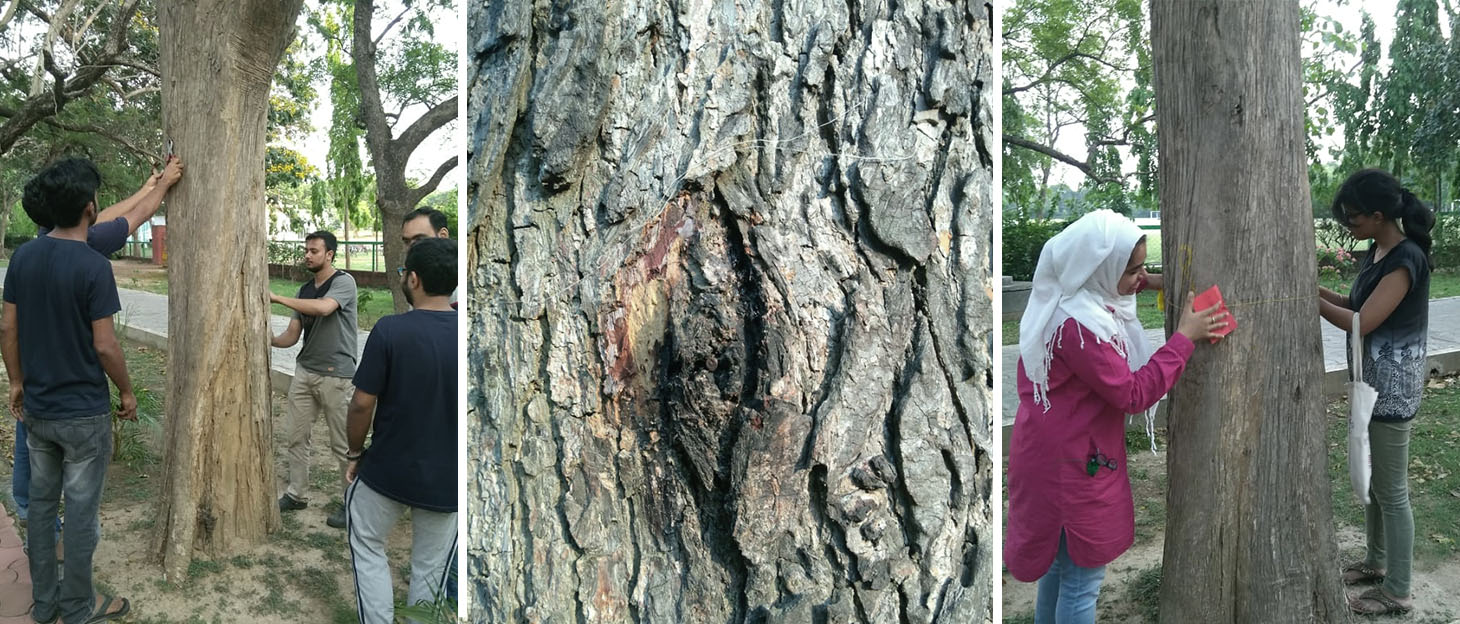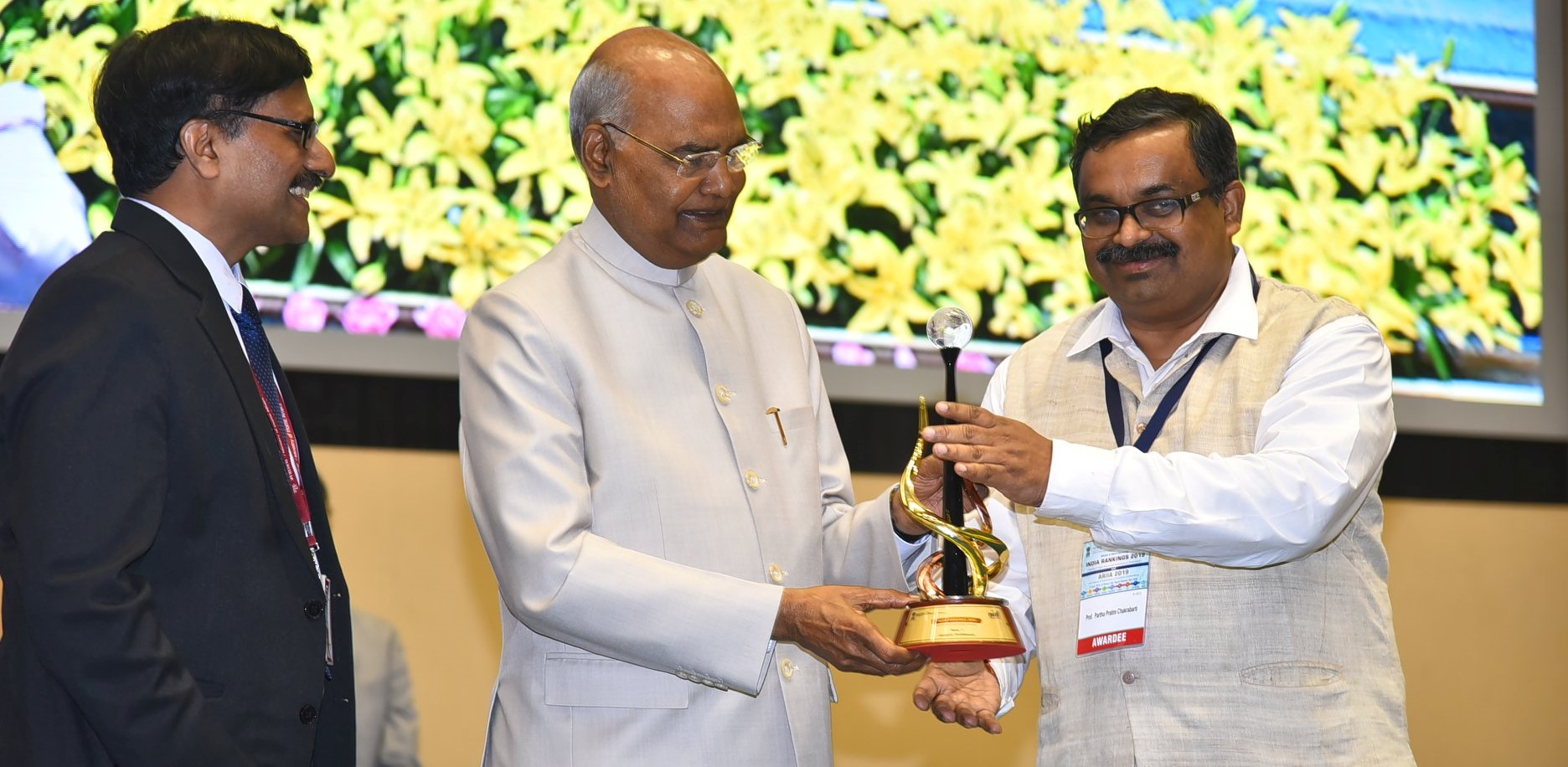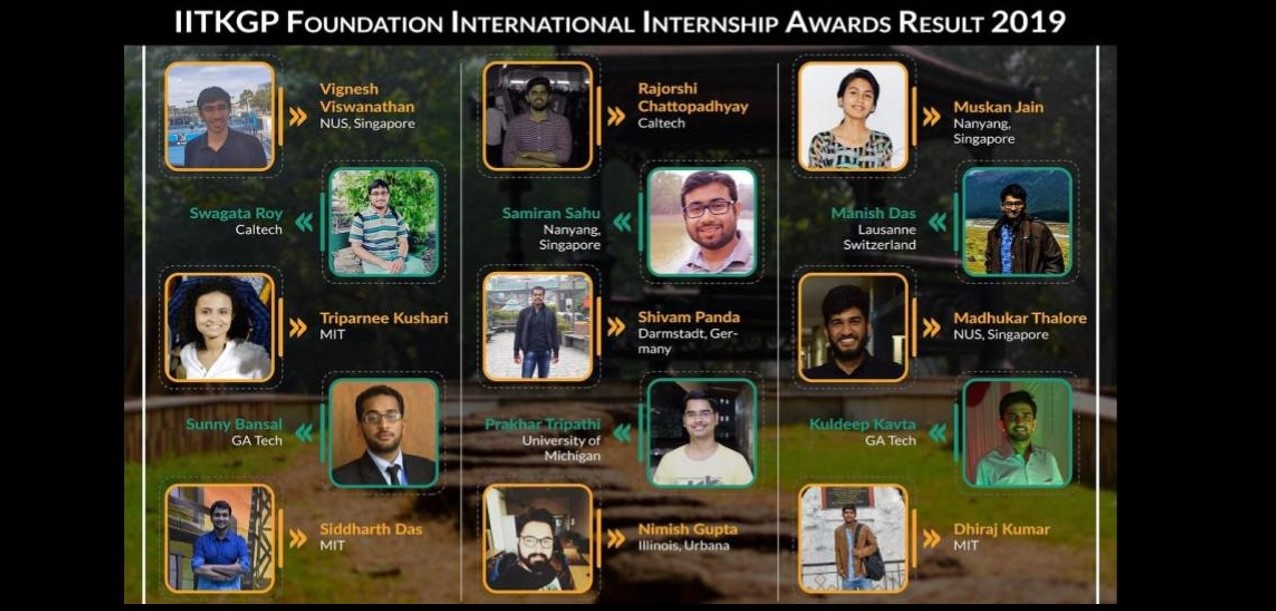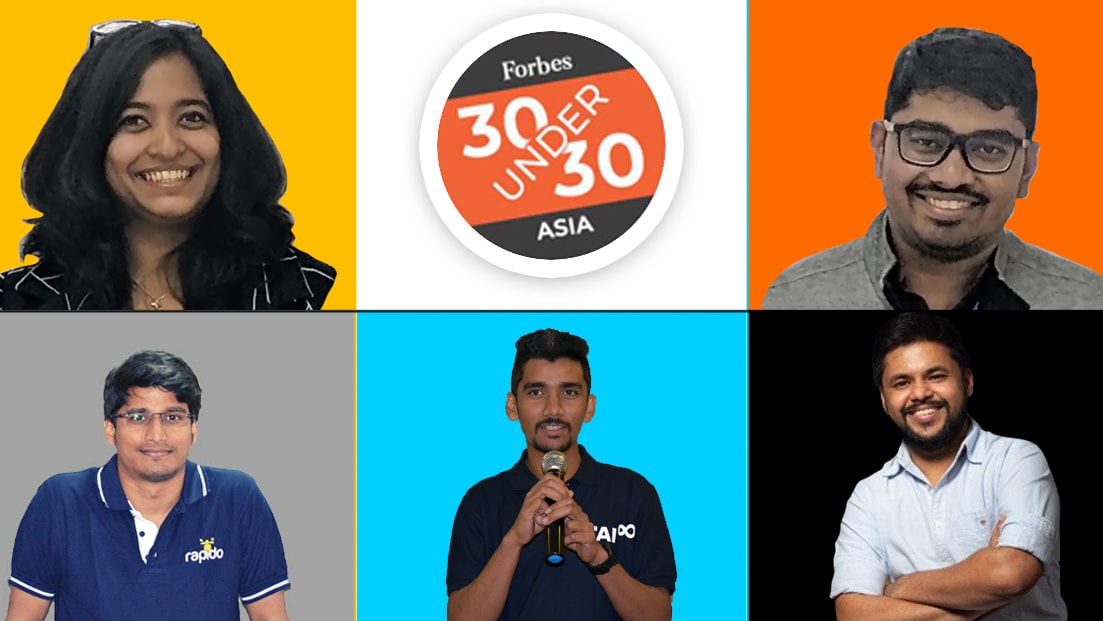
Stronger Economy, Cleaner Waters
Business Standard The New Indian Express NDTV A study by IIT Kharagpur researchers has connected the dots between the impact of economic growth reducing fecal coliform (FC) pathogens in groundwater which is a key factor causing water-borne diseases in the densely populated Indo-Ganges-Brahmaputra river basin. About 100,000 children in India are dying every year from waterborne enteric diseases like diarrhea. While the study reported the excess of fecal coliform concentration in potable groundwater in rural regions in the said area, it also made first-time observations on a significant reduction of fecal pathogen concentration in the spatially variable groundwater…



